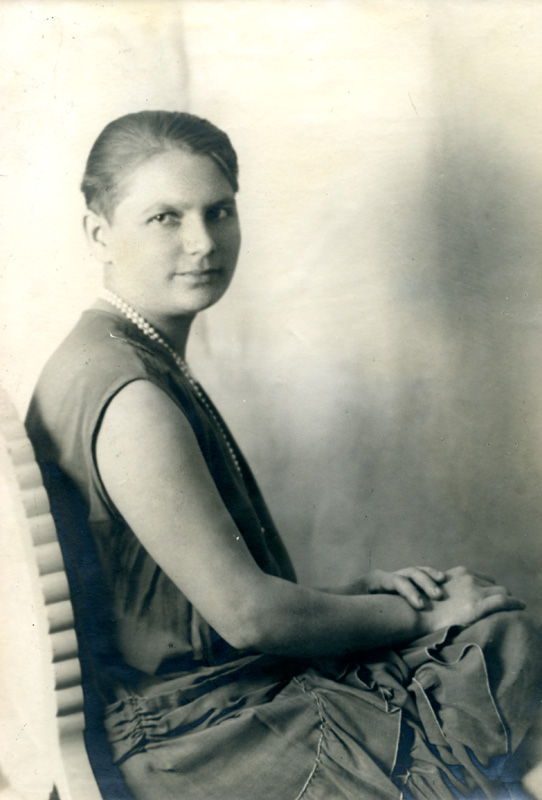Viktoria „Dora“ Hösl wuchs bei Pflegeeltern in der Oberpfalz auf. 1923 wurde ihr Sohn Herbert geboren, mit dem sie 1924 nach München zurückkehrte. Bei der Milbertshofener Austria-Tabakfabrik fand sie Arbeit als Zigarettendreherin, engagierte sich politisch und wurde als Betriebsrätin gewählt. Bei den Wahlen im April 1932 kandidierte sie für die KPD und wurde Abgeordnete des Bayerischen Landtags.
Als bekannte Kommunistin wurde sie nach der Machtübernahme der Nationalsozialisten am 10.3.1933 festgenommen und – wie viele Münchner Kommunistinnen - im Gefängnis Stadelheim eingesperrt, ohne je ein Verfahren erhalten zu haben. Im März 1936 wurde sie ins Konzentrationslager Moringen transportiert und dort sowie im Polizeigefängnis Berlin bis 15.9.1937 in ‚Schutzhaft‘ gehalten. Erst danach konnte sie sich wieder um ihren Sohn kümmern, der nach ihrer Verhaftung zunächst noch bei ihrem Stiefbruder Jakob Schweller lebte. Nach Schwellers Inhaftierung im KZ Dachau im Herbst 1934 war auch der damals elfjährige Sohn Herbert von der Gestapo verhört und geschlagen worden, um dann in einem Kinderheim untergebracht zu werden.
Dora Hösl arbeitete nach der Freilassung als Näherin, nahm aber auch Verbindung mit Mitgliedern der Widerstandsgruppe um Wilhelm Olschewski auf. Am 14.3.1942 wurde sie erneut verhaftet, angeklagt und bis zur Verhandlung in Untersuchungshaft gehalten. Der Prozess vor dem Oberlandesgericht München gegen insgesamt 18 des Hochverrats beschuldigte Angeklagte endete am 20.6.1944 für Dora Hösl mit einer Zuchthausstrafe von drei Jahren sowie drei Jahren Ehrverlust, weil sie „sich gegenüber ihrem Volk als treulos und damit als ehrlos erwiesen“ habe. Ihr konnte nur das gemeinsame Abhören von Auslandssendern nachgewiesen werden.
In der Haft lernte sie den Kommunisten Josef Angerer kennen, den sie nach der Befreiung heiratete. Von ihrer siebeneinhalbjährigen Haft und den Entbehrungen aufgezehrt – eine Rente aufgrund ihrer Gesundheitsschäden hatte man ihr verweigert -, verstarb Dora Hösl mit knapp 51 Jahren in München.


